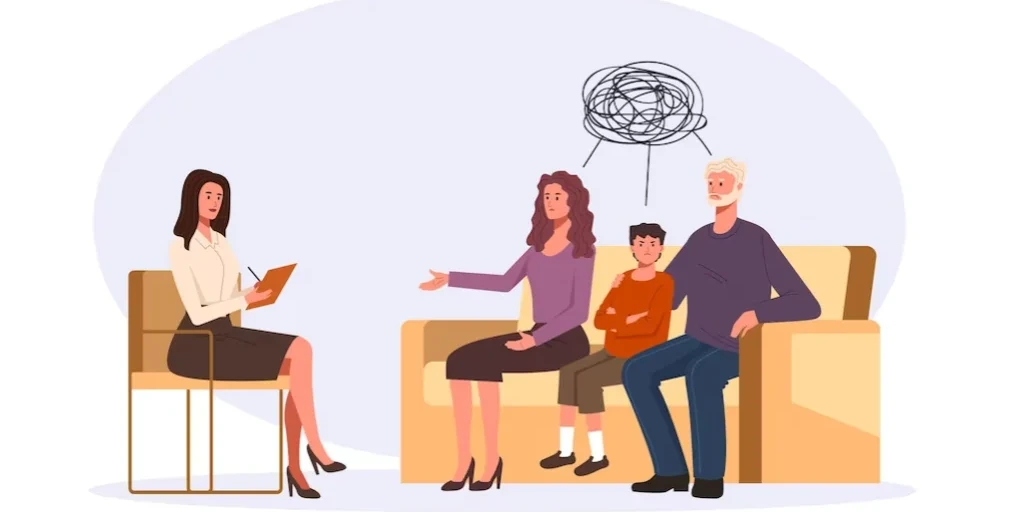24/7 Helpline:
(866) 899-221924/7 Helpline:
(866) 899-2219
Learn more about Eating Disorder Treatment centers in Union Grove
Eating Disorder Treatment in Other Cities

Other Insurance Options

Providence

Sliding scale payment assistance

Magellan

Ambetter

Anthem

BlueCross

Premera

EmblemHealth

United Health Care

BHS | Behavioral Health Systems

UMR

Private insurance

Absolute Total Care

Molina Healthcare

UnitedHealth Group

Optima

Lucent

Magellan Health

Carleon

BlueShield











